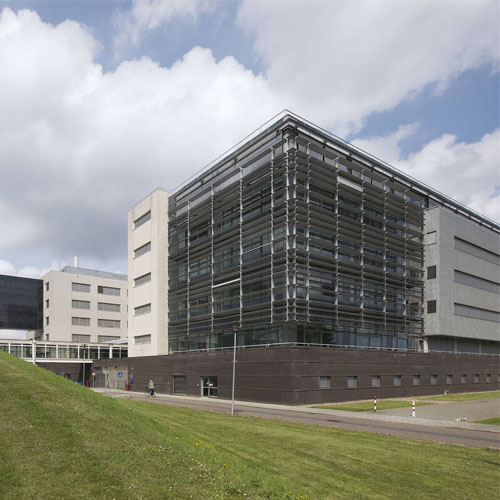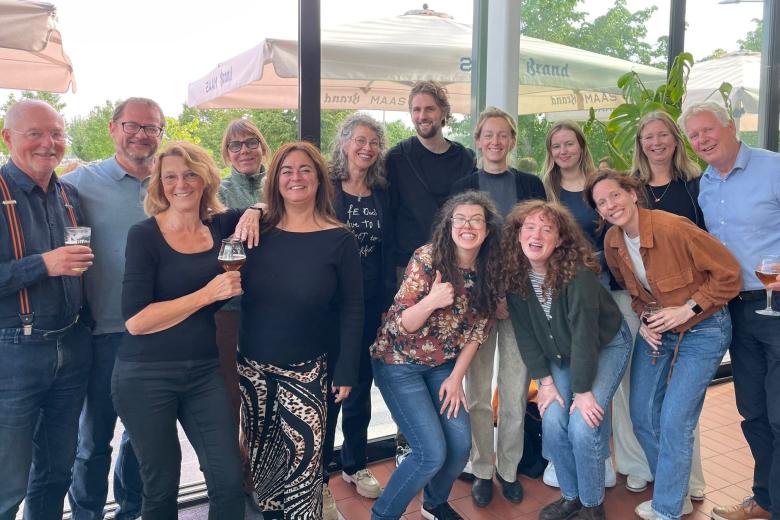Faculty of Psychology and Neuroscience
The Faculty of Psychology and Neuroscience (FPN) is an international faculty with students and staff from diverse cultural backgrounds. Our curiosity drives us to explore the broad field of psychology from a biological and cognitive perspective. By using the Problem-Based Learning method of teaching we encourage a similar curiosity in our students by handing them the tools to discover the world of the human brain.
Calender
FPN Experience Days
What’s it like to be a Psychology student at Maastricht University? Find out during the FPN Virtual Experience Day! You’ll attend a lecture and participate in a tutorial group. You’ll be guided by advanced Psychology students who are happy to answer all your questions about studying and student life.
Sign up for a Virtual Experience Day via the link to the right.
Talk to our Student Ambassadors
Do you have a question about our study programmes or about student life in Maastricht? Our Ambassadors are happy to answer them. You can contact them on Instagram, where they post weekly about their experiences during their master's studies. You can also sign up for our info pack. You'll receive a brochure, we'll send you updates on our programmes and open days, life at UM and much more.
FPN News





